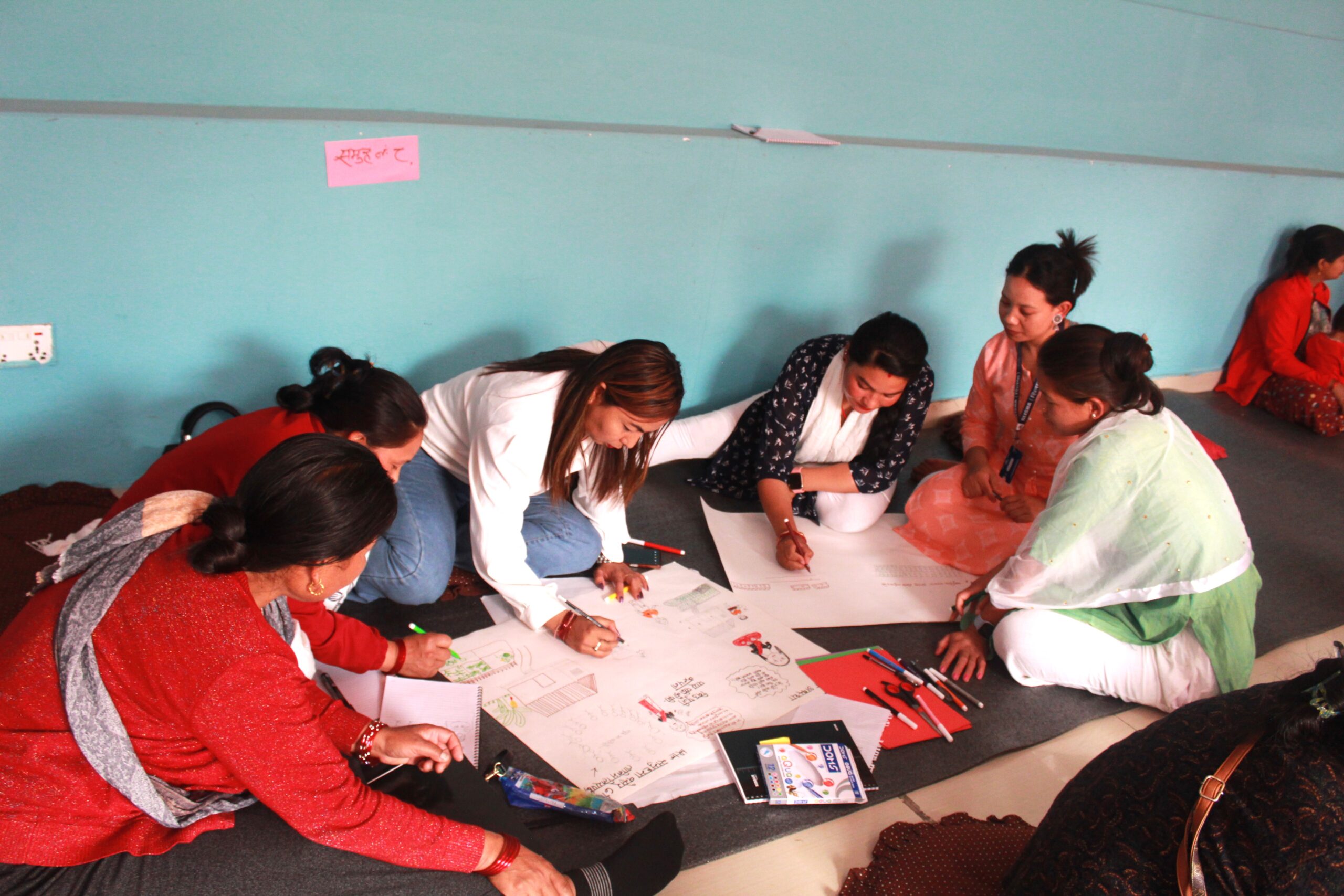 September 11, 2024
September 11, 2024
Slisha organized two impactful residential workshops to empower women participating in the Women at Work Children at School (WAWCAS) program from different districts. The first workshop took place in Dhulikhel from April 29th to May 1st 2024 and welcomed participants from Kathmandu, Lalitpur, and Rautahat districts. The second workshop was held in Pokhara from May 3rd to 5th May 2024 for participants from Tanahun and Lamjung districts. A total of 108, where 82 women members and 26 team members participated these workshops. These workshops have been crucial to the ongoing efforts of the WAWCAS program to uplift women over the past 17 years.
The workshops provided a platform for the women to introduce themselves, share their business endeavors, and express their aspirations. In one activity, participants were asked what they would do if they unexpectedly received 500,000 rupees. The majority voiced intentions to expand their businesses, create more job opportunities, and improve educational opportunities for their children. The Slisha team proposed pooling resources to start a collective business in agriculture, which sparked a lively discussion on the merits of individual versus collective approaches to business expansion.
One of the main highlights of the workshops was sharing personal successes and challenges. Participants learned from each other’s experiences and gained insights into overcoming obstacles in their businesses and personal lives. Furthermore, discussions were held on the importance of registering Local Non-Governmental Organizations (LNGOs) and the best practices for forming effective child groups within communities. The topic of marketing our businesses was also discussed.
The participants overwhelmingly expressed the need to expand this program to more districts, emphasizing its value and impact on their lives.
Continuing the WAWCAS Program’s tradition of empowering women, these workshops have once again proven to be a powerful tool in fostering entrepreneurship, leadership, and community development among the women in implementing districts.